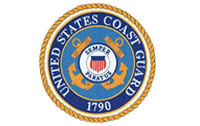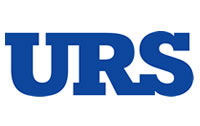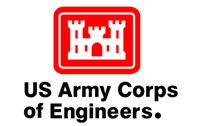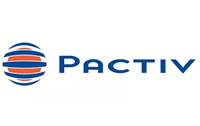Recognize and own your situation – it’s the only way you’ll get out of it.
By Tom Moriarty
In our Productive Leadership© workshops, one of the topics we cover is the importance of taking responsibility. In that segment of the training there’s a set of quotes from an Ann Landers column on things that people told their automobile insurance company following an accident.
A couple of the funnier quotes are:
- “The pedestrian had no idea which direction to go, so I ran him over.” I get a vision of a squirrel-man in the middle of the road overtaken by indecision.
- “The telephone pole was approaching fast, I was attempting to swerve out of its path when it struck my front end.”
- My personal favorite: “I pulled away from the side of the road, glanced at my mother-in-law, and headed over the embankment.”
Through all of these quotes runs a common thread: The person making the statement is doing his or her best to deflect responsibility. Not taking responsibility is a defense mechanism to avoid the consequences of poor decisions. These drivers made poor decisions because they were not attentive to the reality of their situation.
In all three quotes above, the drivers weren’t in control of their vehicles, and there were consequences. In order to take responsibility, you first must acknowledge that you are responsible for putting yourself in a given situation.
A vehicle-themed personal example: Several years ago I had a meeting in a downtown office building. There was a parking garage walking distance from the office building. Preoccupied with the upcoming meeting, I pulled into the parking garage and parked the rental car close to the corner at the end of the parking garage nearest the building I was going to. I got to my meeting with plenty of time and had a productive meeting. Returning to the parking garage, I was surprised by a nearly solid strip of bird guano in a 4-inch stripe across the entire width of the car’s hood.
When I had pulled into the spot I was thinking about the upcoming meeting. It had not occurred to me that nobody else was parked in that area, nor did I notice the pigeons congregated on a beam above my car. Nor did I see the bird guano pattern on parking garage floor. The signs were all around me, but I did not notice them, and therefore, I did not proactively avoid the predictable bombardment. Never have I been happier to have been driving a rental car. I was responsible – not the pigeons – for the “designs” on the car’s hood. It wasn’t the garage operator’s fault, either. I had failed to be proactive.
Reality exists, with predictable outcomes. Sometimes the reality has a limited scope and minor consequences. Turning in a rental car with a gross racing stripe is a minor consequence for me, although it might be more significant for the person responsible for washing the car. Other times the scope is very large, with major consequences. The squirrel-man who was run over probably would agree that he experienced a significant consequence. But squirrel-man could have been more aware of his reality (the car approaching). Reality does not care whether we notice it before the outcome occurs.
Being alert and looking for the realities enables us to avoid consequences if we are proactive. We can make choices, like not parking under a well-fed flock of pigeons. What we teach in the workshops is that taking responsibility means increasing your ability to respond. You accept responsibility by choosing:
- Your thoughts, feelings, and actions.
- Whether and how you make changes in your reality or circumstances.
- To accept that which you cannot change, but act to minimize the consequences.
You can choose how you will respond to events in your life only if you accept the reality of the situation. Responsibility means we choose how to react. The choices we make are shaped by logic, how consequences might affect us, and how our behaviors are programmed.
Remember that if you don’t take responsibility, you will feel like a victim of your circumstances. If you believe you are a victim of circumstances, you will think and act like a victim. If you act like a victim, you will model those behaviors for your team members, who will then be more likely to feel like victims.
 Tom Moriarty, P.E., CMRP is president of Alidade MER. He is a member of the Society of Maintenance and Reliability professionals, the past Chair of the American Society of Mechanical Engineers (ASME), Canaveral Florida Section, and a member of the ASME Plant Engineering and Maintenance (PEM) Division. He has a B.S. in mechanical engineering from Western New England College and an MBA from Florida Institute of Technology; professional engineer (PE) licensed in Florida and Virginia, Certified Maintenance and Reliability Professional, various credentials in management and reliability fields. He can be reached at [email protected]
Tom Moriarty, P.E., CMRP is president of Alidade MER. He is a member of the Society of Maintenance and Reliability professionals, the past Chair of the American Society of Mechanical Engineers (ASME), Canaveral Florida Section, and a member of the ASME Plant Engineering and Maintenance (PEM) Division. He has a B.S. in mechanical engineering from Western New England College and an MBA from Florida Institute of Technology; professional engineer (PE) licensed in Florida and Virginia, Certified Maintenance and Reliability Professional, various credentials in management and reliability fields. He can be reached at [email protected]


















